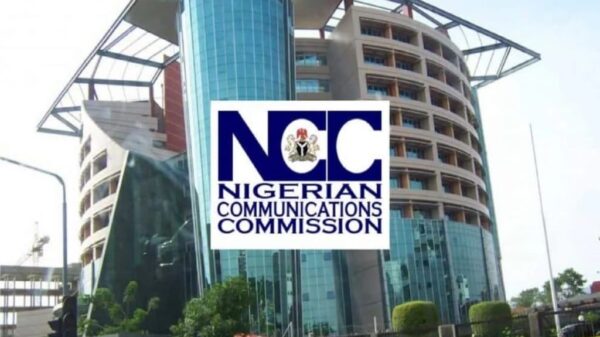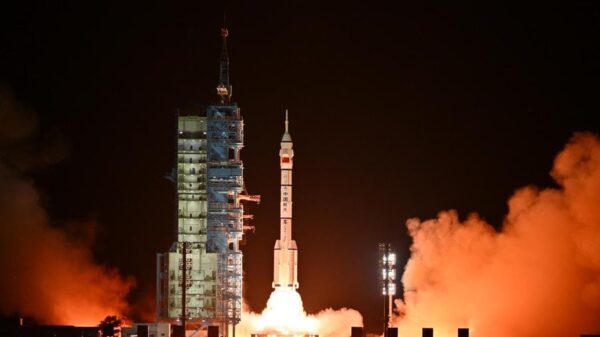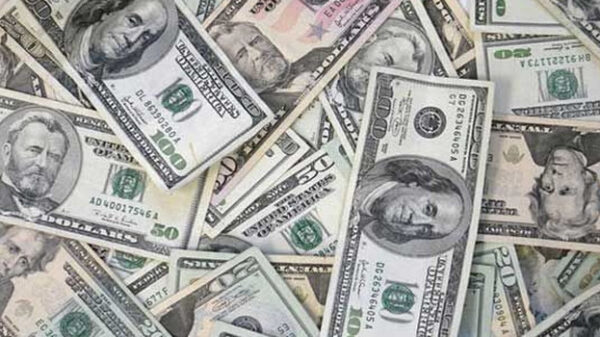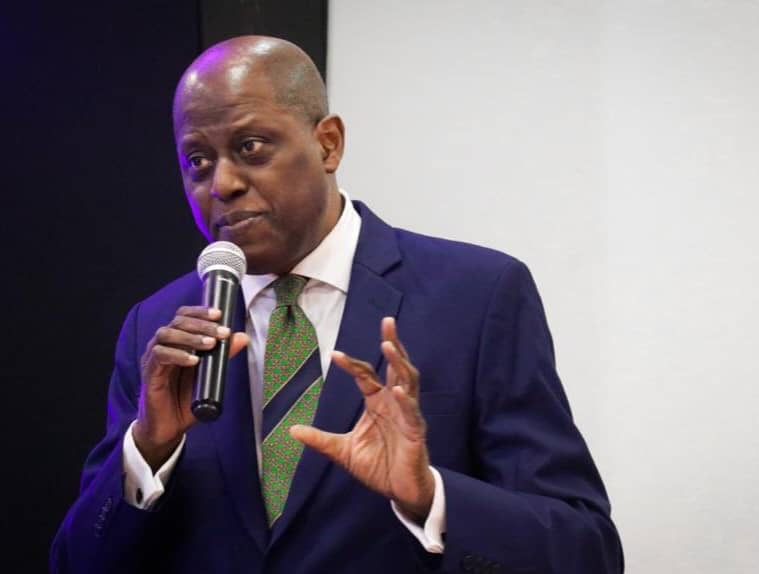The Central Bank of Nigeria (CBN), says rising food prices is partly responsible for worsening headline inflation in the country.
Mr Yemi Cardoso, the Governor of CBN, said this on Tuesday in Abuja, while presenting the communique from the 298th meeting of the apex bank’s Monetary Policy Committee (MPC).
According to Cardoso, the MPC meeting held on the backdrop of renewed inflationary pressures, as the headline, food and core measures rose year-on-year in October.
He said that the Committee was particularly concerned that all three measures also inched up
on a month-on-month basis.
He said that it suggested the persistence of price pressures, with attendant adverse impacts on income and welfare of citizens.
” Members, therefore, agreed unanimously to remain focused in addressing price developments.
“Food prices remain a key contributor to the uptick, members commended
the efforts of the Federal Government for the improved security, especially in
the North-East of the country, which would likely improve food production ” he said.
The CBN governor said that rising energy cost also played a role in the general price level due to its impact on factors of production.
“The recent increase in the price of Premium Motor Spirit (PMS) has also impacted the cost of production and distribution of food items and manufactured goods.
“The committee is optimistic that the full deregulation of the downstream sub-sector of the petroleum industry will eliminate scarcity and stabilise price levels in the short to medium term.
“Members, thus, reiterated the need to strongly forge ahead with the deepening collaboration between the monetary and fiscal authorities.
“This is to ensure the achievement of our synchronised objectives of price stability and sustainable growth,” Cardoso said.
He, however, said that there was an improvement in the external sector, reflected by the increase in the current account surplus, enhanced remittance and capital inflows.
He said that they had impacted the external reserves positively.
“This, therefore, suggests that key policy measures by both thmonetary and fiscal authorities are yielding the desired outcomes.
” Members, however, expressed concern
over persisting exchange rate pressure, reflecting continued high demand in the market.
” Consequently, the MPC urged the apex bank to explore measures to boost market liquidity,” he said.
MPC continued its inflation targeting measure by further hiking the Monetary Policy Rate (MPR), which is the baseline interest rate.
It, however, retained all other monetary policy parameters.
The committee raised the MPR by 25 basis points to 27.50 per cent from 27.25 per cent, and retained the asymmetric corridor around the MPR at +500/-100 basis points.
It also retained the Cash Reserve Ratio (CRR) of Deposit Money Banks at 50.00 per cent and Merchant Banks at 16 per cent, and retained the Liquidity Ratio at 30.00 per cent.
























